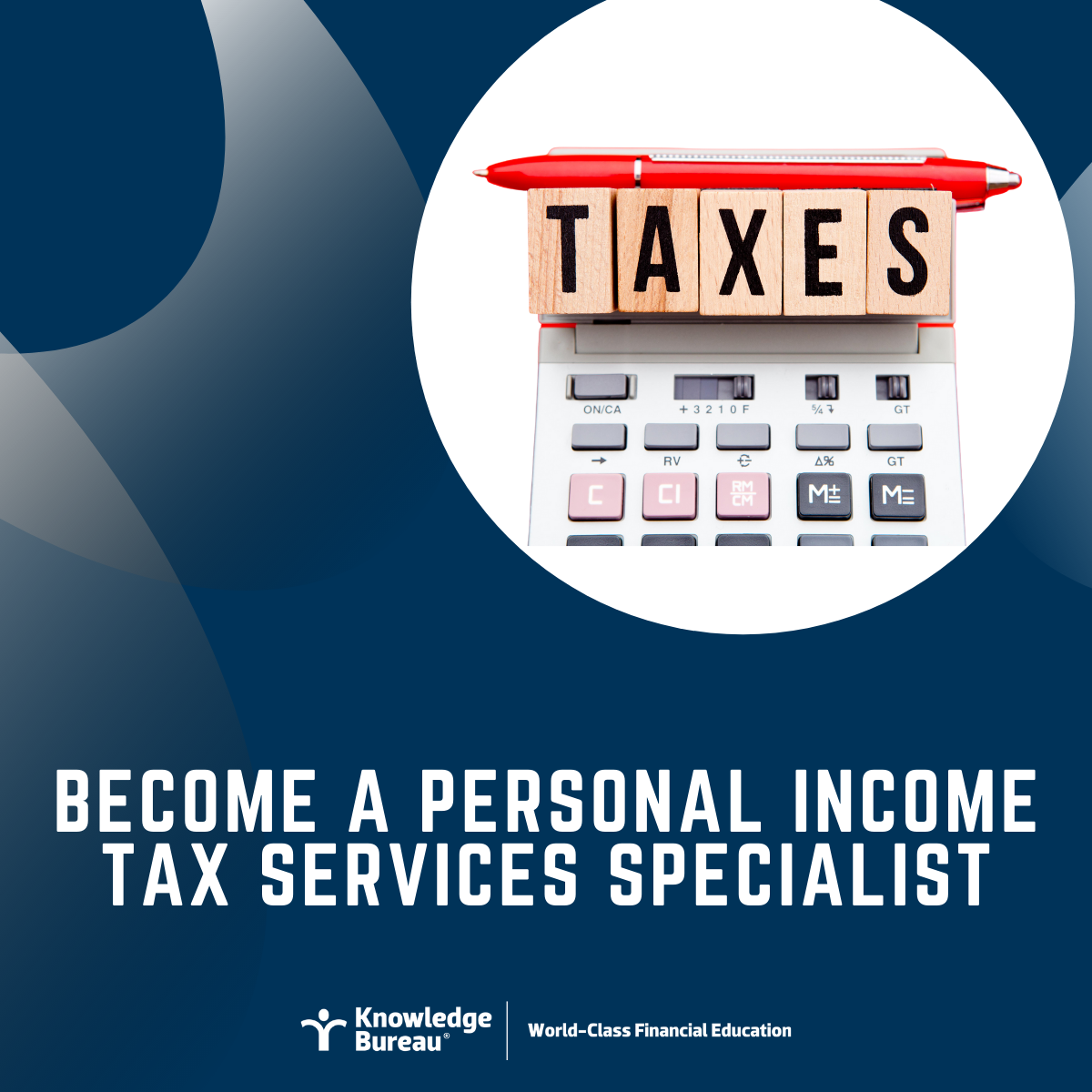Last updated: June 02 2021
Gone Fishing: Can CRA Do That?

Marco Iampieri B.A., JD, M.B.A.
There are two kinds of fishing expeditions. For most of us, tales of the big one that got away tend to brighten moonlit campfire stories. But when it comes to fishing expeditions by the CRA, storm clouds can emerge quite quickly. That’s why it’s important to understand the law and taxpayers’ rights under it. Knowledge Bureau Report welcomes Marco Iampieri B.A., JD, M.B.A. to its editorial team to explain why.
What is a Fishing Expedition?
Black’s Law Dictionary defines a fishing expedition as “[a]n attempt, through broad discovery requests or random questions, to elicit information from another party in the hope that something relevant might be found”. To drop a lure in the hope of being lucky to catch a fish, may also be an attempt to cause the party from whom evidence is requested to incur high costs of searching for evidence with no real chance of uncovering results. Fishing expeditions are “speculative quests for information without any real expectation about the outcome of the quest or its relevance to the case”.
Exactly this happened recently in a cryptocurrency case.
The Minister of National Revenue (“Minister”) suspected noncompliance with the Income Tax Act (“ITA”) throughout the cryptocurrency industry. Coinsquare Ltd. (“Coinsquare”) provides a platform where persons can buy, sell and hold cryptocurrency. On March 19, 2021 the Minister received judicial authorization to require Coinsquare to provide information related to unnamed  persons.
persons.
The Federal Court ordered that Coinsquare produce documentation regarding customers with accounts with a value of $20,000 CDN or more in the period December 31, 2014, through December 31, 2020; customers who have cumulative deposits of $20,000 CDN or more since the account opening; and the 16,500 largest Customer accounts by trading volume in CDN dollars between 2014 and 2020. Also, it was requested that the 16,500 largest customer accounts by the number of trades between 2014 and 2020 be included.
Is this a fishing expedition? Is such a request legally within the Minister’s arsenal? What rights does the taxpayer have in these cases?
Requests for Information Regarding Unnamed Persons.
Indeed, the Minister may issue a request for information to a company to provide the company’s customer list, or a detailed history about the company’s customers' purchases under the ITA.
However, for the Federal Court to issue judicial authorization requiring a person to provide information under section 231.2, the Federal Court must satisfy itself that the statutory conditions of paragraphs 231.2(3) (a) and (b) of the ITA have been met.
In short, paragraph 231.2(3) (a) states that the group of unnamed persons must be ascertainable, (can we translate in brackets - what does this mean?) and paragraph 231.2(3) (b) states that the requirements are made to verify compliance by persons in the group with their duties and obligations under the ITA.
One may wonder whether these broad requests for information from this group, akin to the request issued against Coinsquare, are in fact ‘fishing expeditions’? The short answer is yes, but they are legal. It may not be how many advisors remember this fishing story, however.
Tune in next time for a brief history of how we got here.
Additional educational resources: Stay up to date on the latest information on how you can help clients remain audit-proof by becoming a DFA-Tax Services Specialist™
Brian A. Garner, ed., Black’s Law Dictionary, 9th ed. (St. Paul, MN: Thomson West, 1999) at 668.
2005 SKQB 257 at para 2.
Subsection 231.2(2) and (3) of the Income Tax Act, and subsections 289(2) and (3) of the Excise Tax Act,

